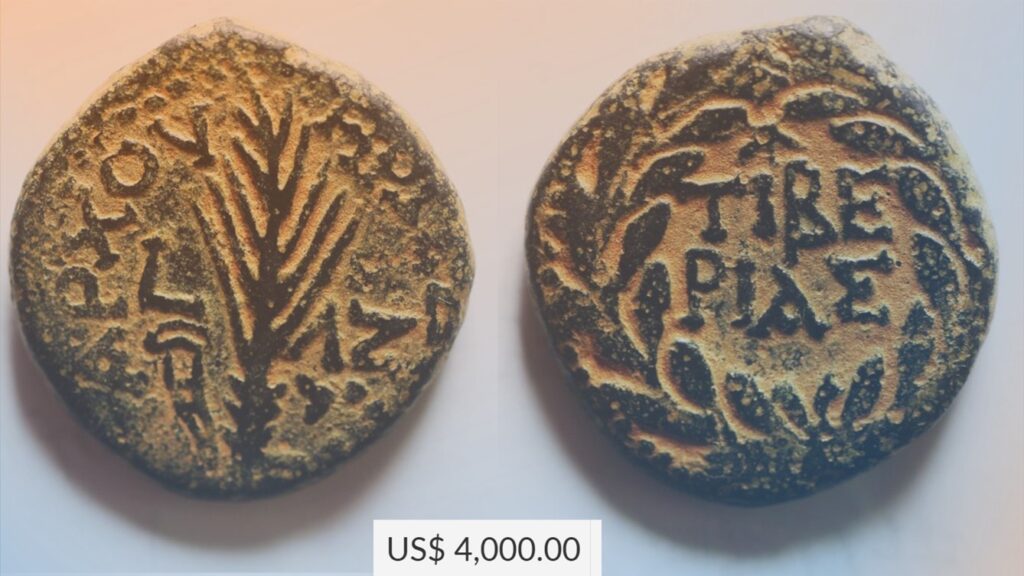This Sunday, the lectionary invites us to meditate on Luke 7:18-28. The English Standard version groups verses 18-35 together and supplies the title “Messengers from John the Baptist.”
My title is borrowed from Fred Craddock. It graphically states what John thought was the purpose of his life. He thought his purpose was to serve subpoenas, judges’ orders summoning people to appear in their courts.
John believed his job was to announce that Jesus would baptize with the Holy Spirit and fire. He said the unbaptized would be burned up.[1]
Remember who John is. He was born miraculously. An angel told his father that his very, very old wife would bear a child. That the child would serve God as a prophet. Luke began his gospel with John’s story.[2]
Why did John think of Jesus as a judge?
John’s priestly family educated him in the Old Testament.[3] The Old Testament has many references to a coming messiah.[4] I’ll quote just two:
Psalm 2:7-9 reads,
I will tell of the decree:
The Lord said to me, “You are my Son;
today I have begotten you.
Ask of me, and I will make the nations your heritage,
and the ends of the earth your possession.
You shall break them with a rod of iron
and dash them in pieces like a potter’s vessel.”
Isaiah 42: 1 reads,
Behold my servant, whom I uphold,
my chosen, in whom my soul delights;
I have put my Spirit upon him;
he will bring forth justice to the nations.
These texts, and others like them, speak of judging and breaking. They don’t even hint that the messiah would do what Jesus was doing. Not only was Jesus healing, feeding and freeing people. He was forgiving them!
John’s teachers apparently majored on Isaiah’s “hard” messiah, not his “soft” messiah. Recall that Jesus also opened his ministry by quoting from Isaiah. Listen to it as recorded in Luke 4:18-19,
“The Spirit of the Lord is upon me,
because he has anointed me
to proclaim good news to the poor.
He has sent me to proclaim liberty to the captives
and recovering of sight to the blind,
to set at liberty those who are oppressed,
to proclaim the year of the Lord’s favour.”
John was in prison. Why? Because he’d criticized the marriage of the ruler, Herod Antipas. Criticized him for being lustful, immoral. Criticized him for divorcing his wife and marrying his brother’s wife.
In chains, John wondered whether he had failed in his ministry. It seemed he had announced the wrong messiah. Jesus was no judge! Jesus was soft! Worried, he sent his disciples to ask Jesus whether he was “the one”.
How did Jesus respond?
We read his response in verse 22 of today’s passage. It reads,
“Go and tell John what you have seen and heard: the blind receive their sight, the lame walk, lepers are cleansed, and the deaf hear, the dead are raised up, the poor have good news preached to them.
Do you see? Jesus referred John to Isaiah’s “soft” messiah. He said to John that the soft must come before the hard.
Then Jesus spoke to the crowd, many of whom had been baptized by John. He said something strange to them. He said they didn’t go to the wilderness to watch reeds – like our Lalang – swaying in the wind. He said they didn’t go to the wilderness to see a well-dressed man.
Why did he say that?
I’m drawn to one scholar’s suggestion.[5] He points out that Herod Antipas minted coins. On one side was his name. On the other was a reed.
Jesus was astute, subversive. His words, his answers, his stories, had deep meanings. Was he pointing out the moral contrast between John and Herod? Herod who lived in a king’s court and dressed well?
Jesus didn’t condemn John for his doubts. No. Jesus praised John. Praised him as the best of men born to women – recall that Adam, in the garden of Eden, was not born to a woman. So, only the first Adam bested John.[6]
It doesn’t end there. Jesus went on to say that we’re greater than John. How so? I think because we too serve subpoenas. We point people to Jesus, the Great Shepherd, and Light of the World. And judge.
Peace be with you.
[3] As I said last week, he announced himself in the words of the prophet Isaiah.
[4] For an extended explanation of “Messiah,” check this out.
[5] Nicholas Perrin, in his commentary on Luke.
[6] Jesus bested John because his father is God himself.
To learn more about Rama, click here.



Pingback: 25-2 Why did Jesus ask to be baptized? – Bangsar Lutheran Church